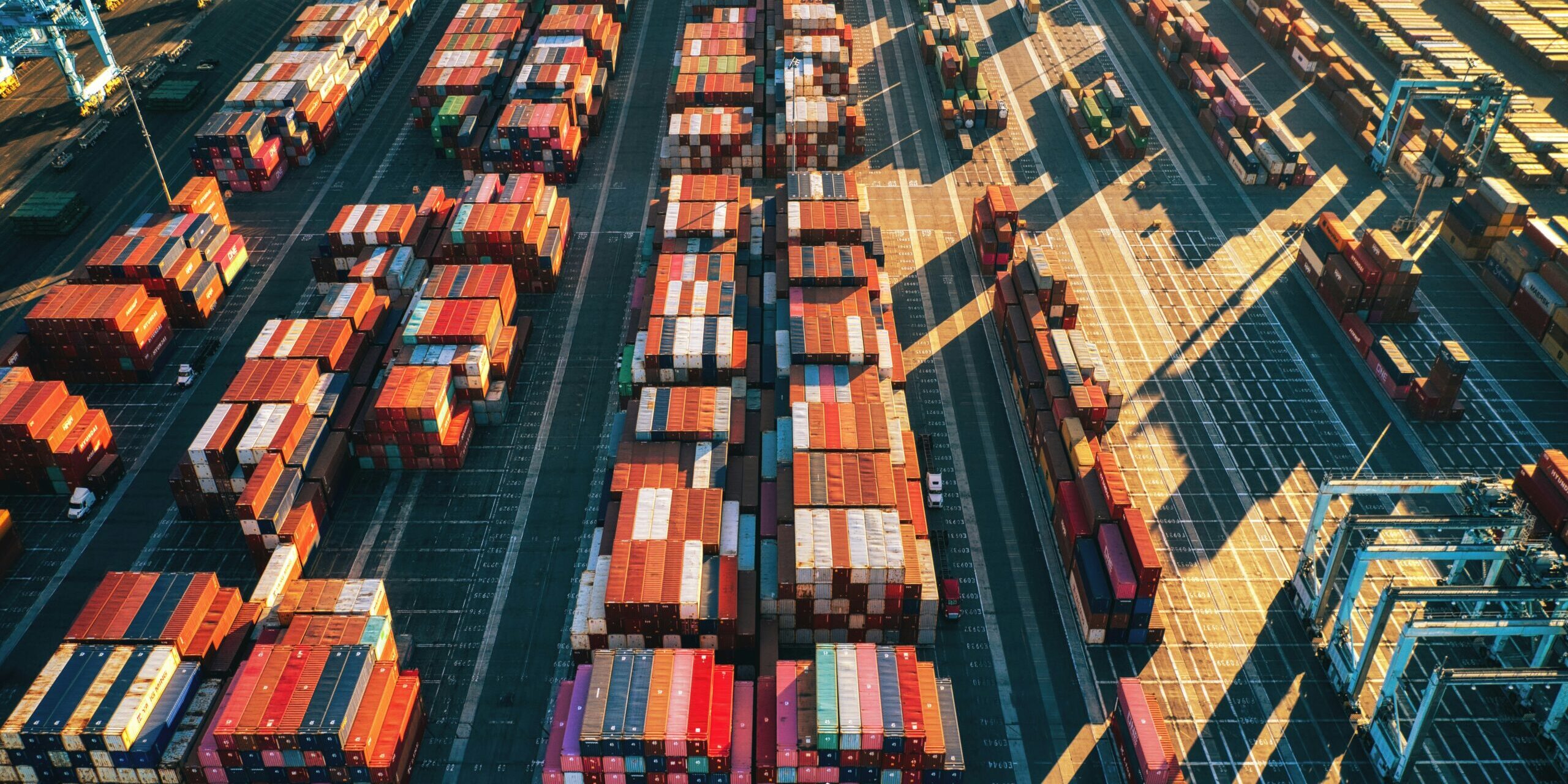In the quest for a more sustainable future, businesses are increasingly focusing on the environmental impact of their supply chains. The complexity of these supply chains, involving numerous parties with their own carbon footprints, presents a significant challenge. However, emerging technologies like blockchain offer a promising solution by providing transparency and traceability, enabling consumers to make informed and environmentally responsible purchasing decisions.
The Call for Cleaner Supply Chains
Environmental, social, and governance (ESG) initiatives have gained prominence among companies, but many fall short in addressing sustainability comprehensively. While efforts such as using recyclable materials and renewable energy sources (Scope 1 and 2 emissions reduction) are crucial, they often overlook indirect supply chain emissions, known as Scope 3 emissions, which can account for a substantial portion of a company’s carbon footprint.
For instance, consider smartphone manufacturing, where mining operations, transportation of parts, and component production contribute to emissions significantly. These indirect emissions can be challenging for consumers to grasp since they occur behind the scenes.
The Role of Blockchain in Sustainability
Blockchain technology offers a solution by providing transparency into a product’s origins and its environmental footprint. By leveraging blockchain, companies can create a clear and immutable record of a product’s journey, from the extraction of raw materials to production and transportation. This data can include information on labor practices, transportation modes, material sources, energy consumption, and more, making it invaluable for ESG reporting.
For instance, blockchain can be used to track transportation in supply chains. Companies can record logistics data on a publicly available blockchain, allowing buyers to access information about the number of vehicles used, travel distances, and fuel consumption. This level of transparency empowers consumers to make more sustainable choices.
Real-World Applications
Several companies have already embraced blockchain to enhance transparency in their supply chains. Ford, for example, has tested blockchain tracking solutions to verify the ethical sourcing of cobalt for its electric vehicles. Similarly, Unilever uses blockchain to ensure that its palm oil comes from sustainable sources. French retailer Carrefour allows consumers to access product origin information by scanning QR codes on product labels.
Challenges and Considerations
While blockchain holds significant promise for supply chain sustainability, challenges remain. Traditional blockchain systems can be energy-intensive due to the proof-of-work method used to verify transactions. However, newer blockchains, like Ethereum, employ proof-of-stake, which consumes significantly less energy and reduces emissions.
Despite these advances, more work is needed to address the environmental impact of blockchain technology fully. This includes using renewable energy to power blockchain networks and reducing waste and emissions in the supply chain.
The Power of Consumer Choice
Consumers play a pivotal role in driving sustainability initiatives. By choosing brands that offer transparency about material sources, manufacturing practices, and environmental impact through blockchain technology, consumers can encourage businesses to prioritize sustainability. Advocating for the use of low-energy, proof-of-stake blockchains and renewable energy sources can further accelerate progress toward a greener future.
As blockchain technology continues to evolve, its potential to track emissions, labor practices, energy consumption, and more becomes increasingly promising. Embracing data transparency can empower consumers to make informed choices and drive companies toward cleaner, more sustainable supply chains. Encouraging businesses to provide visibility into their supply chains is a crucial step toward a cleaner future for all.







